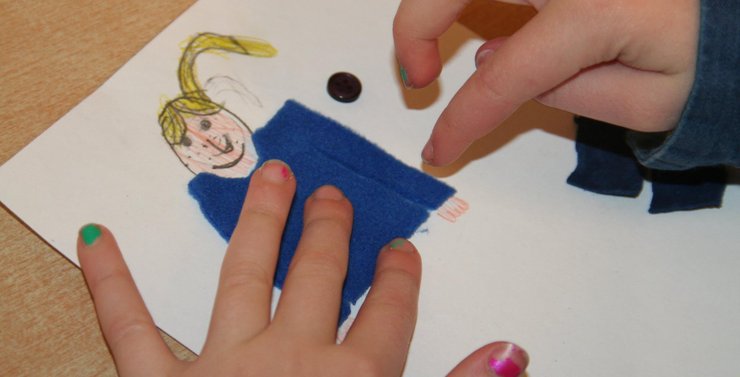This project has been initiated by Backatorpsskolan in Gothenburg, as the school board recognises the goal 4.7 in Agenda 2030: Education for sustainable development and global citizenship as a considerable challenge. The school acknowledges the need for help from other countries’ curriculum work, and the need for research to develop teaching approaches that are available for teaching for sustainability and resilience.
Our project aims to address the challenges we face today regarding issues of sustainability and the challenges of how education can meet the new generations’ call for action as demonstrated by the massive school walkouts in 2019-2020. The participating partners in this project believe that educating for sustainability and resilience needs to move away from instructing students in predictable directions and move towards providing them with a sense of agency. Therefore, schools need to incorporate innovative teaching and learning approaches that consider the complexity of sustainability.
This project is based on a holistic approach to issues related to sustainability, integrating environmental, social and economic issues into teaching while involving students in the learning process and preparing them for the future. The main purpose of our project is to enhance qualitative learning opportunities regarding sustainability, using the student-active Storyline approach as a framework for learning and teaching. Subsequently, the underlying aim is to develop the pedagogical approach of Storyline itself, foremost as a pedagogical tool to increase learning for sustainability. A priority is to inspire students, student teachers, and teacher practitioners to view themselves as agents of change.

Four European countries and their school systems and seven different organisations are included in this project. In order to achieve the project’s goals that address the complexity of issues of sustainability, the project needs to be carried out transnationally and include individuals from different age groups, disciplines, trades, organisations. At the transnational meetings, different elements of the Storyline approach that uniquely support issues of sustainability will be presented, providing an opportunity for exchanges between different public sectors. During these meetings, teacher practitioners, student teachers, school pupils, and researchers will play an active role in developing the criteria for identifying these successful elements. Experiences and reflections throughout the project will be shared through the resource bank on this website which will bring together practices that address sustainability and resilience. In between project meetings, all participants will continue to develop their experiences from the different events which will be addressed at every project meeting. Continuous development will be formed according to the needs of the organization. For example, some participating partners may develop the Storyline approach through environmental studies, studies on self-awareness, children’s health. All development aims at finding collaborative and proactive approaches to the issues of sustainability.
The context of the project is education in compulsory schools and teacher education on two levels; practice in the primary school classroom explored by teachers, student teachers and students; theory explored by researchers studying and examining the practices. The intention for using different contexts and different levels is to produce new knowledge of the educational processes necessary to develop the Storyline approach for teaching and learning about sustainability. The findings of the actions of the participating partners will be discussed with experts on the Storyline approach, and the results will be published as video films, research and non-research articles, and topic outlines all shared on a website. In addition, the process, findings, and results will be discussed and shared during a Storyline conference in Gothenburg and at a dissemination conference in Stockholm.
The main outcome of the project is this open educational resource bank, focusing on approaches for teaching and learning about sustainability and resilience. The resource bank will highlight the specific qualities in the Storyline approach that support teaching and learning about sustainability. The resource bank will contain research articles, filmed lectures, teachers’ plans and motivational videos. A long-term effect will be to strengthen the collaboration and networks of participation locally and internationally. Research results can be used in didactical discussions on all pedagogical levels and can be useful in developing future-oriented curricula. On a broader and longer-term basis, the innovative practices developed in this project can positively impact human behavioural changes, changes for individual preferences, consumption habits, and lifestyles that will support sustainability which is the basis of life on Earth.
The European Commission's support for the production of this publication does not constitute an endorsement of the contents, which reflect the views only of the authors, and the Commission cannot be held responsible for any use which may be made of the information contained therein.